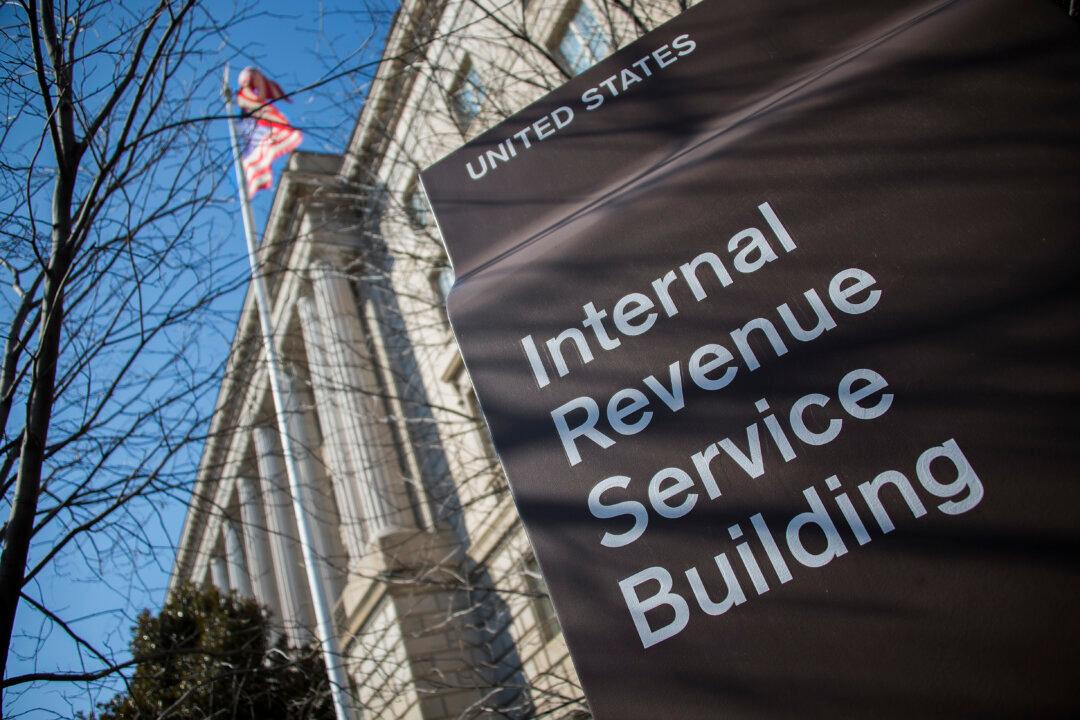The IRS has extended the 2023 tax filing deadline for millions of people living in Alabama, California, and Georgia who have been affected by recent natural disasters.
A series of tornadoes tore through swaths of Alabama and Georgia in January and February, while much of California encountered widespread flooding in December storms that were caused by an “atmospheric river.”





